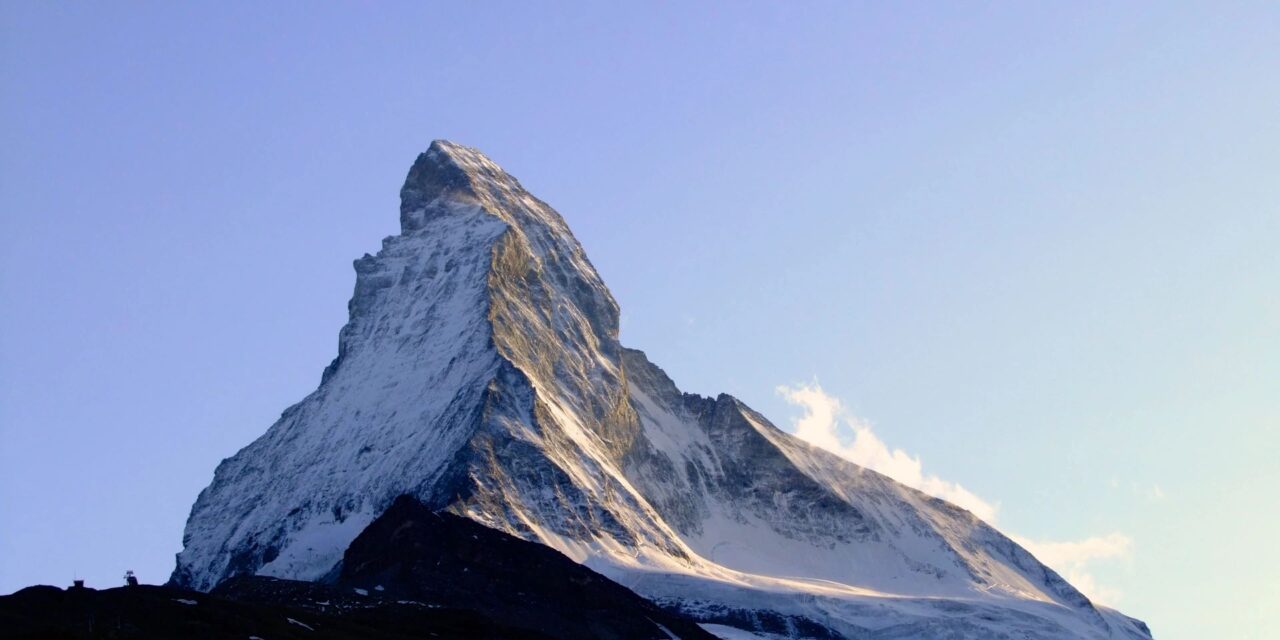The Environmental Justice Movement traces its birth to a small predominantly Black farming community in Warren County North Carolina. The state designated it as a good place for a disposal site for truckloads of soil laced with highly carcinogenic chemical compounds that later contaminated the water supply.[1] “As the first trucks rolled into town in 1982, hundreds of residents flooded the streets, blocking their path to the landfill. Though they were unable to shut down the operation after six weeks of nonviolent protests and more than 500 arrests, their efforts have been lauded by civil rights leaders as the impetus for a global uprising against environmental racism in minority communities.”
Since the 1900s, the federal government and some state governments targeted low-income communities of color like Warren County to host hazardous waste facilities. The neglect of critical infrastructure in predominantly Black communities, ranging from Flint, Michigan, to Jackson, Mississippi, has led to disastrous results. An April 2022 study by the University of California, Berkeley and Columbia University found that the majority of Black and Latino neighborhoods that received low scores in a discriminatory federal housing program known as redlining were home to twice as many oil wells as majority white communities. According to the Clean Air Task Force, Black Americans are 75% more likely than white Americans to live near a factory or plant and nearly four times as likely to die from exposure to pollutants.[2]
The Natural Resources Defense Council was founded in 1970 by a group of law students and attorneys at the forefront of the environmental movement. Today’s leadership team and board of trustees makes sure the organization continues to work to ensure the rights of all people to clean air, clean water, and healthy communities. It is part of the Environmental Justice Movement. They know from decades of experience how vital environmental justice is to the struggle to improve and maintain a clean and healthful environment, especially for those who have traditionally lived, worked, and played closest to the sources of pollution.[3]
“Drawing from the civil rights movement, the environmental justice movement has articulated environmental human rights, or the right to a clean environment. This ethical position asserts that everyone has the right to clean air, water, food, and housing. This movement asserts that these are not privileges but rather rights for everyone, and that public officials have a special responsibility to protect these rights, especially in the lives of the poor and vulnerable. Community groups and the environmental justice movement take action when public officials fail to act justly. Environmental justice groups have argued that the solution to environmental injustices must involve more democratic forms of governance that increase citizen participation in land and resource use decisions.”[4]
Environmental justice is a profoundly anthropocentric ethic, meaning that human beings are the central moral concern. Endangered species and the health of ecosystems are not dismissed as inconsequential, but human welfare and social equity are presented as central concerns. Anthropocentrism permeates all ethics. “An anthropocentric ethic claims that only human beings are morally considerable in their own right, meaning the direct moral obligations we possess […] are owed to our fellow human beings.”[5]
Researchers and environmentalists all over the world are appealing to a “broader human audience, those interested in human well-being. Many environmental justice groups argue that every individual and community has a right to clean air and water; this movement proposes a clean environment as a human right. More recently, groups working for sustainable development have argued that human beings have a right to sustainable development. As the world grows increasingly concerned with global climate disruption, some groups are advancing ethical arguments for reducing greenhouse gas emissions based on the principles of environmental justice.”[6]
Environmental ethics is the discipline in philosophy that studies the moral relationship of human beings to, and also the value and moral status of, the environment and its non-human contents.[7] It has a Wikipedia page that focuses on five ethical questions that all of us pose, in one way or another every day. (1) Should humans continue to clear cut forests for the sake of human consumption? (2) Why should humans continue to propagate its species, and life itself? (3) Should humans continue to make gasoline-powered vehicles? (4) What environmental obligations do humans need to keep for future generations? (5) Is it right for humans to knowingly cause the extinction of a species for the convenience of humanity? (6) How should humans best use and conserve the space environment to secure and expand life? (7) What role can Planetary Boundaries play in reshaping the human-earth relationship?[8]
At the risk of overstatement, the ethical norms for writers who cover environmental justice issues should consistently pose the ultimate ethical question. How should we act? If what we write is morally right, we pass ethical muster. If our final draft is morally wrong, we should hit delete all and start over.
[1] https://apnews.com/article/biden-race-and-ethnicity-north-carolina-pollution-hazardous-waste
[2] Hannah Schoenbaum, “Biden Administration Launches Environmental Justice Office.” AP News, September 4, 2022
[3] https://www.nrdc.org/stories/environmental-justice-movement
[4] https://www.scu.edu/environmental-ethics/short-course-in-environmental-ethics/lesson-five/
[5] https://green.harvard.edu/news/ethical-anthropocentrism-making-environmentalism-relatable
[6] https://www.scu.edu/environmental-ethics/short-course-in-environmental-ethics/lesson-five
[7] https://plato.stanford.edu/entries/ethics-environmental/
[8] https://en.wikipedia.org/wiki/Environmental_ethics

I am an author and a part-time lawyer with a focus on ethics and professional discipline. I teach creative writing and ethics to law students at Arizona State University. Read my bio.
If you have an important story you want told, you can commission me to write it for you. Learn how.






 I am an author and a part-time lawyer with a focus on ethics and professional discipline. I teach creative writing and ethics to law students at Arizona State University.
I am an author and a part-time lawyer with a focus on ethics and professional discipline. I teach creative writing and ethics to law students at Arizona State University.  My latest novel is Hide & Be.
My latest novel is Hide & Be.  If you have an important story you want told, you can commission me to write it for you.
If you have an important story you want told, you can commission me to write it for you.